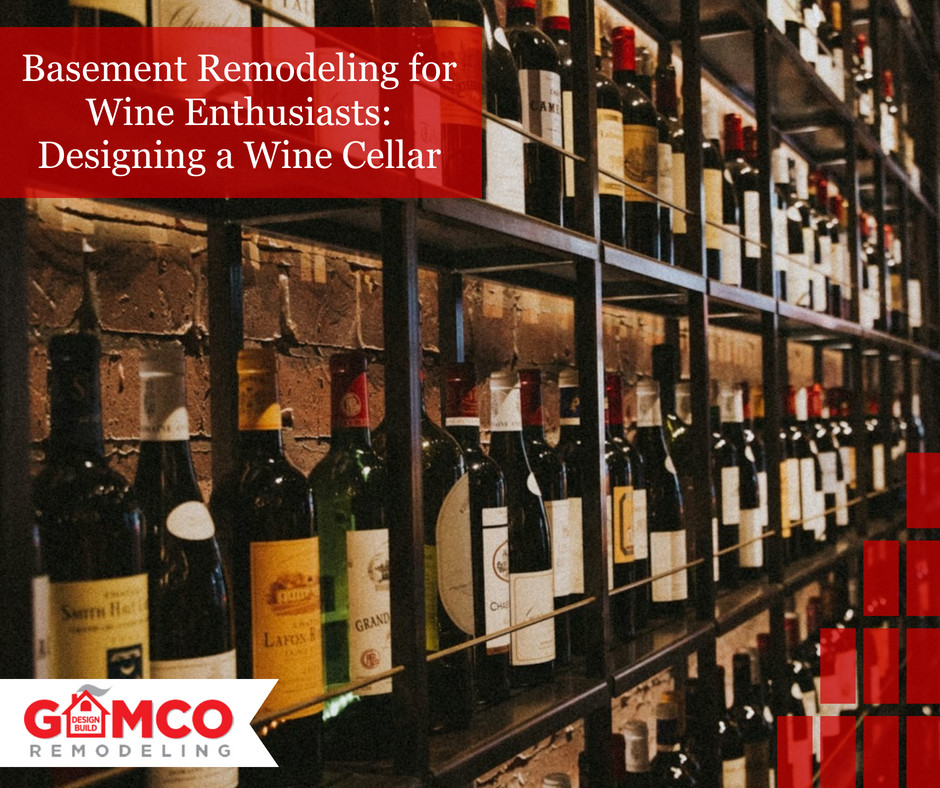
Introduction
The allure of a personal wine cellar is not just in the bottles it holds but also in the ambiance it creates. For wine enthusiasts, transforming a basement into a wine cellar is a dream come true. It’s a project that combines passion with practicality, artistry with architecture. In this article, we’ll explore the key aspects of designing a wine cellar in your basement, turning it into a haven for your cherished wine collection.
Understanding the Basics of Wine Storage
Before delving into aesthetics, it’s crucial to understand the basics of wine storage. The primary goal is to create an environment that keeps your wine in perfect condition for years or even decades. Key factors include:
- Temperature Controlled: Wine should be stored at a consistent temperature, ideally around 55°F (13°C). Fluctuations can be detrimental to the quality of the wine.
- Humidity Management: A humidity level of around 60-70% is ideal. Too much humidity leads to mold, while too little causes corks to dry out.
- Lighting: UV rays can damage wine, so cellar lighting should be minimal and indirect, preferably with LED lights.
- Vibration: A stable environment with minimal vibration is essential for the preservation of wine.
Designing Your Wine Cellar
Embarking on the design journey of your wine cellar involves a meticulous process, beginning with thoughtful space planning. With each decision, your wine cellar becomes a harmonious blend of form and function, creating a space where your collection can be both showcased and preserved with precision.
Here are the steps used in the design process:
- Space Planning: The first step in creating your wine cellar is to assess the space available in your basement. Consider the number of bottles you want to store and how you want to display them.
- Insulation and Vapor Barriers: Proper insulation is vital to maintain the desired temperature and humidity levels. Use a vapor barrier to prevent moisture from entering the cellar.
- Cooling System: Invest in a high-quality wine cellar cooling unit. This is different from a standard air conditioner and is crucial for maintaining the right environment.
- Racking Systems: Racks can be made from wood, metal, or a combination of materials. Custom racking systems can be designed to fit your space and bottle sizes.
- Lighting: Opt for LED lighting, which emits less heat and UV radiation. Consider installing a dimmer switch to control the ambiance.
- Flooring: Choose materials that can withstand humidity. Tile, stone, or sealed concrete are excellent choices.
- Aesthetic Considerations: Now, you get to design the look and feel of your cellar. Whether you’re going for a traditional, rustic look or a more modern aesthetic, there are endless possibilities. Use materials like stone, wood, or glass to create your desired ambiance.
- Furniture and Accessories: Add a tasting table or seating if space allows. This can turn your wine cellar into a social space as well.
- Security Measures: Consider installing security features like alarms or locks, especially if your collection is valuable.
Overcoming Challenges
Basement remodeling comes with its own set of challenges that is why it’s important to hire a professional contractor. Here are some common issues and how to address them:
- Limited Space: Even small basements can be transformed into functional wine cellars with custom racks and smart design.
- Moisture and Water Damage: Address any water leakage or dampness issues before beginning the remodeling.
- Budget Constraints: Work with a professional to prioritize elements that are essential for wine preservation over purely aesthetic choices.
Conclusion
Creating a wine cellar in your basement is an exciting journey that blends your love for wine with the art of interior design. It’s a project that demands attention to detail and a focus on maintaining the perfect environment for wine preservation. With thoughtful planning, a well-designed wine cellar not only becomes a showcase for your collection but also adds significant value to your home. Whether you are a casual collector or a serious connoisseur, a basement wine cellar can provide the perfect backdrop to enjoy your passion for years to come.
